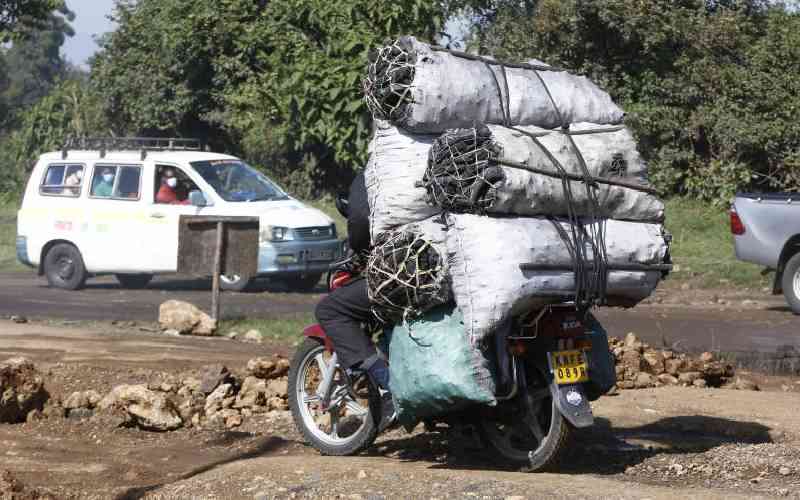
Despite its documented role in deforestation and forest degradation, policymakers are slowly coming around to the idea of embracing charcoal production and trade in the country to fully harness its economic potential but also to sustainably regulate it.
The move to "decriminalise" charcoal trade and to build on its multi-billion value chain is gaining steam within top echelons of Kenya Kwanza administration, as much as it's a hot potato. In July, President William Ruto publicly lifted a moratorium on logging raising hue and cry in the country. The High Court later temporarily suspended the President's move, saying the process leading to the lifting of the moratorium lacked public participation, and was, therefore, unconstitutional, null and void.